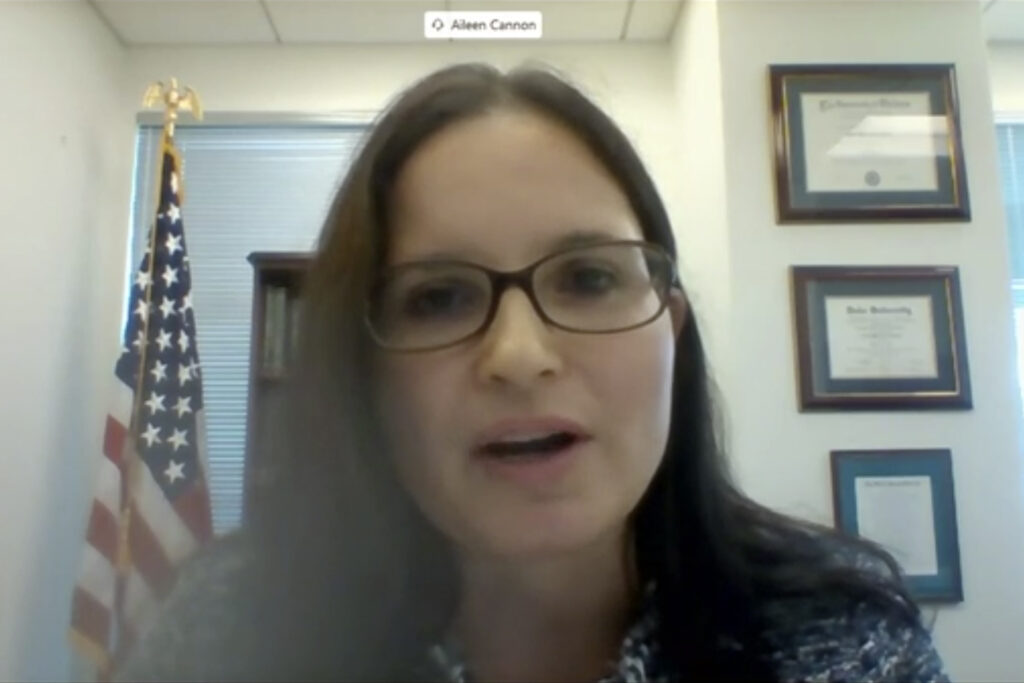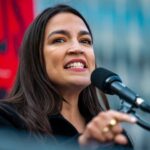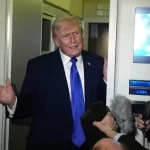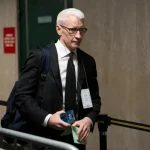
The Florida-based federal judge presiding over the criminal classified documents case against Donald Trump threw special counsel Jack Smith a curveball last month in his prosecution of the former president, potentially giving a boost to Trump’s defense.
U.S. District Judge Aileen Cannon, a nominee of the former president, requested prosecutors and defense counsel to submit prospective jury instructions that would highlight interpretations of a law favorable to Trump’s defense on or before April 2, according to a March 18 order.

Trump has been arguing for months in court that he treated the documents he kept at his Mar-a-Lago property as personal under the 1978 Presidential Records Act, which allows former presidents to keep records that have no connection to their official responsibilities. Smith’s office has rejected that argument and has claimed it has no relevance in cases involving illegal possession of top-secret information.
Cannon’s March 18 order told parties to respond with prospective jury instructions in light of Trump’s recently-argued motions to dismiss the case, adding the parties must engage with competing legal scenarios and offer “alternative draft text that assumes each scenario to be a correct formulation of the law to be issued to the jury, while reserving counterarguments.”
Cannon’s order asked the parties to draft language that requires jurors to consider “whether the government has proven beyond a reasonable doubt” that any records Trump was found to have kept at home were “personal or presidential.”
In addition, the judge told parties to respond to a jury instruction premise that states in part: “A president has sole authority under the PRA to categorize records as personal or presidential during his/her presidency. Neither a court nor a jury is permitted to make or review such a categorization decision.”
Kel McClanahan, a national security lawyer who has represented members of the U.S. intelligence community, told Reuters that “both” competing scenarios favor Trump.
While it’s unclear whether a trial will even begin by late July, Cannon also asked parties in late February to iron out disagreements over a questionnaire to be given to prospective jurors to use during jury selection. Those disagreements included Smith’s bid to avoid asking jurors about who they may have voted for in the last presidential election.
The deadline for parties to respond to the prospective jury instructions is not an appealable order. Legal experts such as Lawfare reporter Roger Parloff have said once the parties submit their proposed revision language and Cannon renders an order, then Smith could have an opening to appeal.
But a decision by prosecutors to appeal any of Cannon’s orders at this juncture could amount to a lose-lose scenario for Smith, according to former federal prosecutor Neama Rahmani.
“Smith is in a no-win situation because an appeal or writ will delay the trial even further, but he can’t allow Cannon to abdicate her responsibility and make the possibility of jury nullification even more real,” Rahmani told Newsweek.
In all, Trump faces 40 felony charges in the classified documents case. The most serious charge carries a penalty of up to 20 years in prison.
Smith is seeking to convince a jury that Trump was not allowed to retain the classified records in question after leaving the Oval Office in 2021 and that he then sought to obstruct a federal investigation and related efforts to retrieve those documents.
Trump, the presumptive Republican nominee to face off in November against President Joe Biden, has sought to delay the trial until after the election, while Smith has been determined to bring the trial before then.
CLICK HERE TO READ MORE FROM THE WASHINGTON EXAMINER
If Trump were to win the election before a trial concludes, he could order the Justice Department to drop the federal case against him.
Cannon so far has had orders overturned by the U.S. Court of Appeals for the 11th Circuit twice, once in December 2022 that would have meant Trump could challenge an FBI search warrant on Mar-a-Lago, and another order that month that would have allowed a special master to review documents the FBI seized and block the special counsel from accessing his own evidence.




